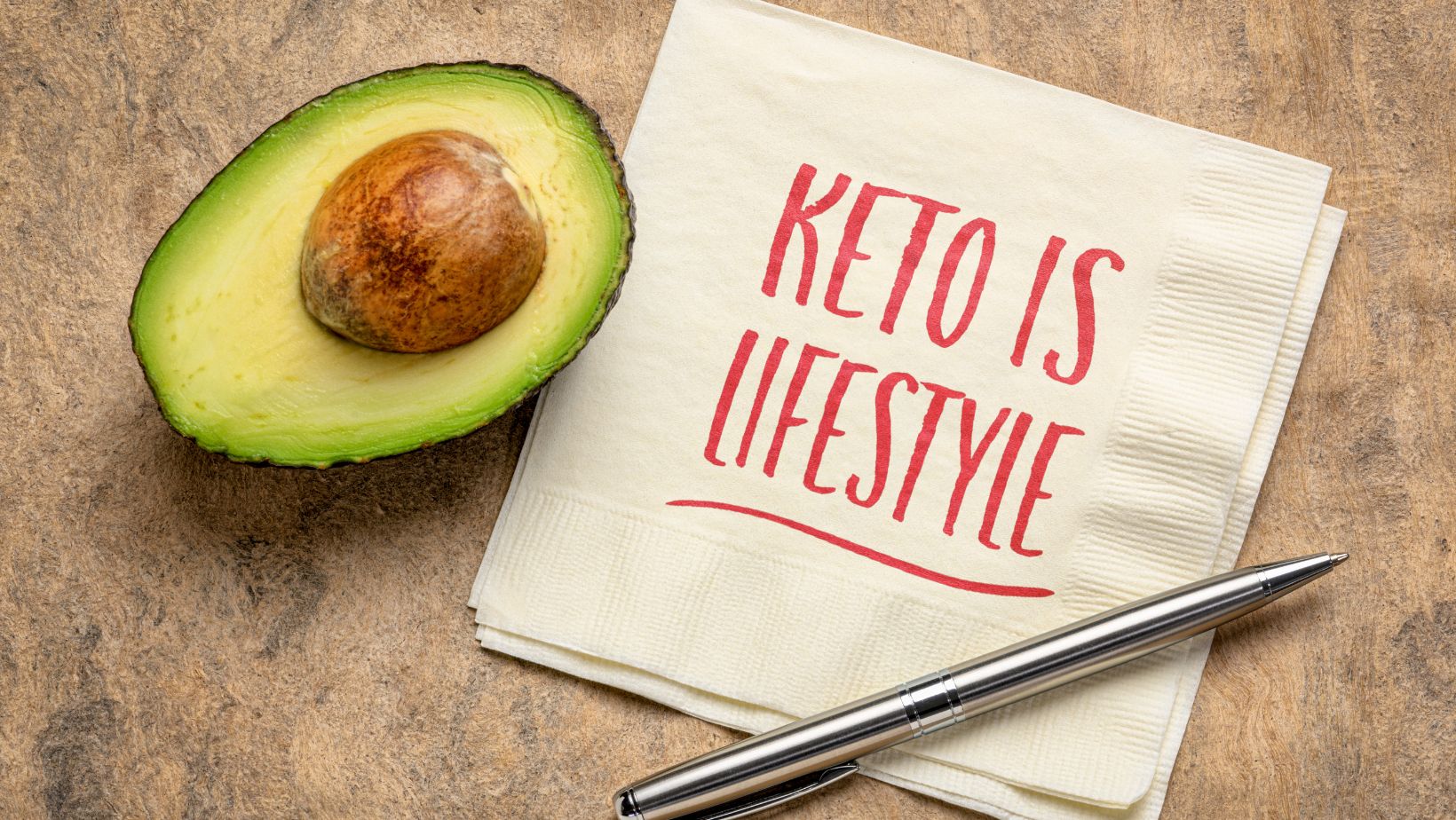
Are Lentils Good for Keto
Are lentils good for keto? This is a common question for those following the ketogenic diet, which emphasizes low-carbohydrate and high-fat foods. Lentils are legumes that are typically known for their high fiber and protein content. However, when it comes to keto, their carbohydrate content may be a concern.
Lentils contain a significant amount of carbohydrates, making them less suitable for the strictest form of the keto diet. A half-cup serving of cooked lentils can contain around 20 grams of net carbs. Since the goal of keto is to keep carbohydrate intake very low, this might seem like an obstacle.
Despite their higher carb content, some individuals on a modified or flexible version of the ketogenic diet may still incorporate small amounts of lentils into their meals. It’s important to note that portion control and mindful meal planning play crucial roles in determining whether lentils can fit within your daily macronutrient goals while maintaining ketosis.
While lentils are nutritious and offer several health benefits due to their fiber and protein content, they may not be ideal for those strictly adhering to the traditional ketogenic diet. However, if you’re following a more lenient approach or have incorporated some flexibility into your keto regimen, incorporating small portions of lentils occasionally might be possible without significantly impacting ketosis.
As always with any dietary decision, it’s best to consult with a healthcare professional or registered dietitian before making changes to your eating plan.
The Basics of Keto Diet
The ketogenic diet, or keto diet for short, is a low-carb, high-fat eating plan that has gained popularity in recent years. Its main goal is to shift your body into a state of ketosis, where it primarily burns fat for fuel instead of carbohydrates. This metabolic state can lead to weight loss and several other potential health benefits.
To follow the keto diet, you need to drastically reduce your intake of carbohydrates and increase your consumption of healthy fats. Typically, this means limiting your carb intake to around 20-50 grams per day and obtaining about 70-80% of your daily calories from fats. Protein intake should be moderate and make up around 15-25% of your total calorie intake.
By severely restricting carbs, the body starts breaking down stored fat into molecules called ketones. These ketones then become the primary source of energy for both the brain and muscles. This process not only aids in weight loss but also helps regulate blood sugar levels and may improve certain health conditions such as epilepsy and type 2 diabetes.
It’s important to note that while on a keto diet, you’ll need to avoid or limit foods rich in carbohydrates such as grains, legumes, starchy vegetables (like potatoes), sugary treats, and most fruits. Instead, focus on consuming high-quality sources of fat like avocados, nuts and seeds, olive oil, coconut oil, fatty fish (such as salmon), and grass-fed meats.
In addition to its potential weight loss benefits, some studies suggest that the keto diet may help improve heart health by reducing triglyceride levels and increasing HDL cholesterol levels (“good” cholesterol). It may also have positive effects on brain function by providing an alternative energy source for neurons.
Remember that starting any new dietary regimen should involve consulting with a healthcare professional or registered dietitian, especially if you have any underlying health conditions or are taking medication. They can help tailor the keto diet to your specific needs and ensure you’re getting all the necessary nutrients.
Overall, the keto diet is a low-carb, high-fat eating plan that aims to shift your body into a state of ketosis. It has potential benefits for weight loss, blood sugar control, heart health, and brain function. However, it’s important to approach it with caution and seek guidance from a healthcare professional before embarking on this dietary journey.

